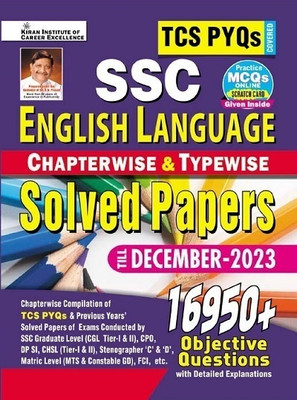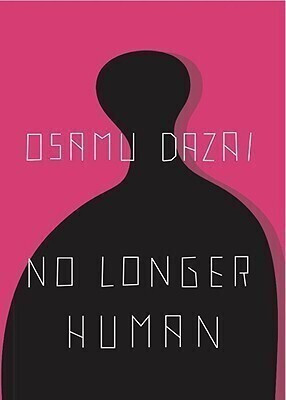
Maulana Rumir Attodorshon - Jalaluddin Rumir Atmadarshan - Rumi's Self Knowledge (Hardcover, Bengali, Mostak Ahmad)
Share
Maulana Rumir Attodorshon - Jalaluddin Rumir Atmadarshan - Rumi's Self Knowledge (Hardcover, Bengali, Mostak Ahmad)
Be the first to Review this product
Special price
₹750
Coupons for you
T&C
Available offers
T&C
T&C
T&C
Delivery
Check
Enter pincode
Delivery by7 Jul, Monday
?
if ordered before 9:59 PM
View Details
Highlights
- Author: Mostak Ahmad
- 450 Pages
- Language: Bengali
- Publisher: Rodela Prokashani
Services
- Cash on Delivery available?
Seller
Description
Rumi, being a 13th-century Persian poet and mystic, did not leave behind systematic writings on self-knowledge in the way that modern psychologists or philosophers might. However, his poetry and teachings are rich with insights into the nature of the self and the path to self-realization. Here are some key aspects of self-knowledge as reflected in Rumi's works:
Inner Journey and Self-Discovery:
Rumi often speaks of the inner journey as a quest for self-discovery. His poetry encourages individuals to turn inward, explore their own hearts and minds, and seek a deeper understanding of themselves beyond the surface level.
Beyond Ego (Nafs):
Rumi emphasizes transcending the ego, which he often refers to as the nafs. The ego, in Rumi's view, is a barrier to true self-knowledge and spiritual enlightenment. Overcoming the ego involves recognizing its illusions and limitations to connect with a deeper, more authentic self.
The Mirror of the Heart:
Rumi frequently uses the metaphor of a mirror to describe the human heart. The idea is that the heart, like a mirror, reflects the divine and can be polished through spiritual practices to gain clarity. This polishing process involves self-reflection, humility, and a sincere pursuit of truth.
Union with the Divine (Fana and Baqa):
In Sufi mysticism, Rumi discusses the concept of fana (annihilation of the self) and baqa (subsistence in God). The idea is to lose the limited sense of self in order to merge with the divine. This union is seen as the pinnacle of self-realization, where the individual recognizes their essential oneness with the ultimate reality.
The Search for Meaning and Purpose:
Rumi's poetry often explores the human quest for meaning and purpose. Through introspection and a deep connection with the divine, individuals can uncover the true purpose of their existence and find fulfillment beyond superficial pursuits.
Love as a Path to Self-Knowledge:
Love, particularly spiritual or divine love, is a central theme in Rumi's poetry. He sees love as a transformative force that can lead individuals to self-discovery. The love Rumi describes is not limited to human relationships but extends to a profound connection with the divine.
Embracing Paradox:
Rumi often presents paradoxical ideas and images in his poetry. This is reflective of the complexity of the self and the spiritual journey. Embracing paradoxes and contradictions is a way to move beyond the limitations of linear thinking and intellectual understanding.
Living in the Present Moment:
Rumi emphasizes the importance of being present and fully engaged in the current moment. Dwelling on the past or worrying about the future can distract from the deeper understanding of oneself that comes from being fully immersed in the present.
It's important to note that interpreting Rumi's writings requires an appreciation for the symbolic and metaphorical language he often employs. Different readers may find different facets of self-knowledge in Rumi's poetry, depending on their perspectives and personal journeys.
Read More
Specifications
| Book |
|
| Author |
|
| Binding |
|
| Publishing Date |
|
| Publisher |
|
| Edition |
|
| Number of Pages |
|
| Language |
|
Manufacturing, Packaging and Import Info
Be the first to ask about this product
Safe and Secure Payments.Easy returns.100% Authentic products.
Back to top







